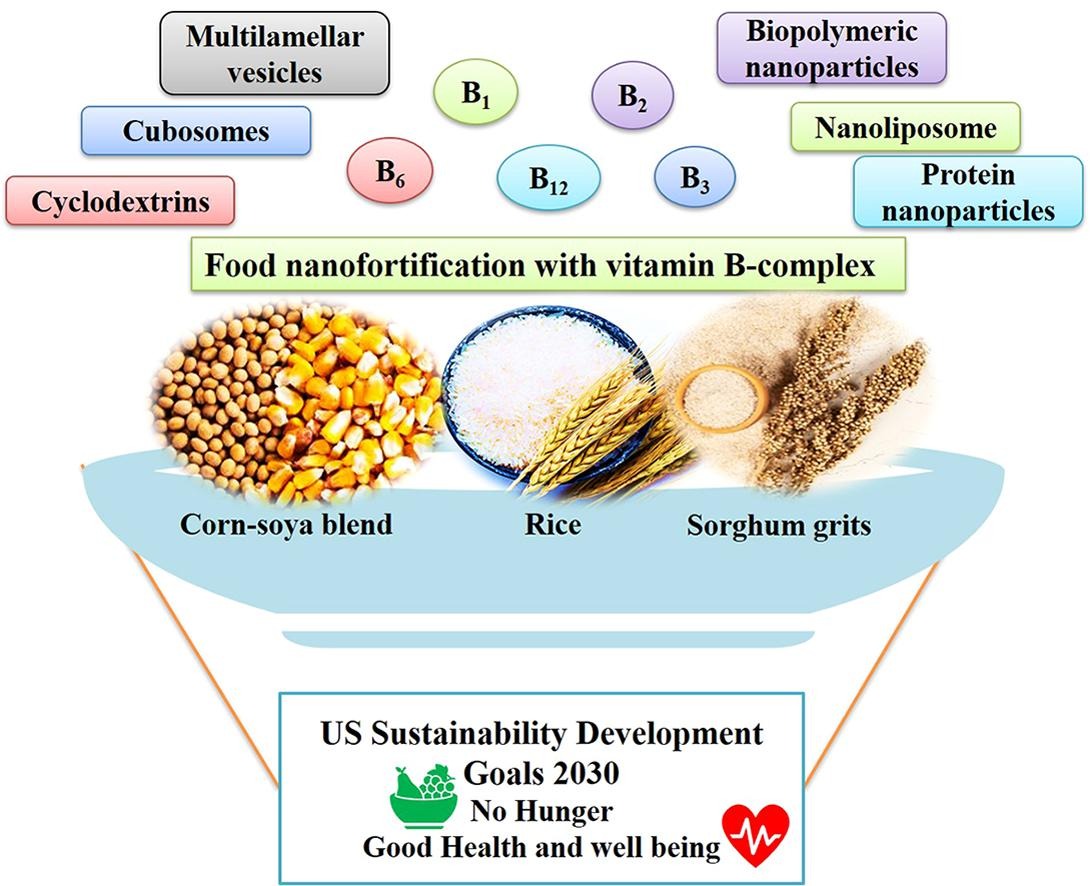Elsevier,
iLIVER, Volume 1, Issue 2, June 2022, Pages 139-140
The emergence of monkeypox as a zoonotic disease and its potential spread among specific communities raises concerns for public health. The link between monkeypox and viral hepatitis, including the risk of coinfection and impact on liver function, is an important area of research for combating hepatitis.
The Lancet Healthy Longevity, Volume 3, Issue 7, July 2022, Pages e501-e512
This Personal View supports Sustainable Development Goal 3 by summarising the limitations of existing research into the role of nutritional factors in dementia, and propose recommendations to guide future trial developments.
Elsevier,
Food Chemistry: Molecular Sciences, Volume 4, 30 July 2022
With the introduction of nanotechnology in the food industry, new and innovative techniques have started to develop, which holds a promising future to end malnutrition and help achieve United Nations Sustainable Developmental Goal-2 (UN SDG-2), named as zero hunger. This review highlights the need for nanofortification of vitamin B-complex in food matrix to address challenges faced by conventional fortification methods (bioavailability, controlled release, physicochemical stability, and shelf life).
Elsevier,
Trends in Food Science and Technology, Volume 125, July 2022
A radical transformation of the world food system is needed to meet the UN sustainable development goals and ensure food security, whilst maintaining the health of the people and the planet. There is an urgent need to accelerate innovation for more sustainable and healthy food systems.
Elsevier,
The Lancet Regional Health - Western Pacific, Volume 22, 2022, 100428
An Article on the burden of chronic hepatitis B and C infections in Japan, in the context of SDG 3, highlighting the need for improved screening strategies for hepatitis C virus and development of new therapies leading to a functional cure for hepatitis B virus.
Elsevier, eClinicalMedicine, Volume 48, June 2022
A Review on the experiences of supporting individuals of young people who self-harm, in the context of SDG 3, calling for health-care services to address these individuals' needs and implement evidence-based interventions to offer a holistic approach to self-harm care.

